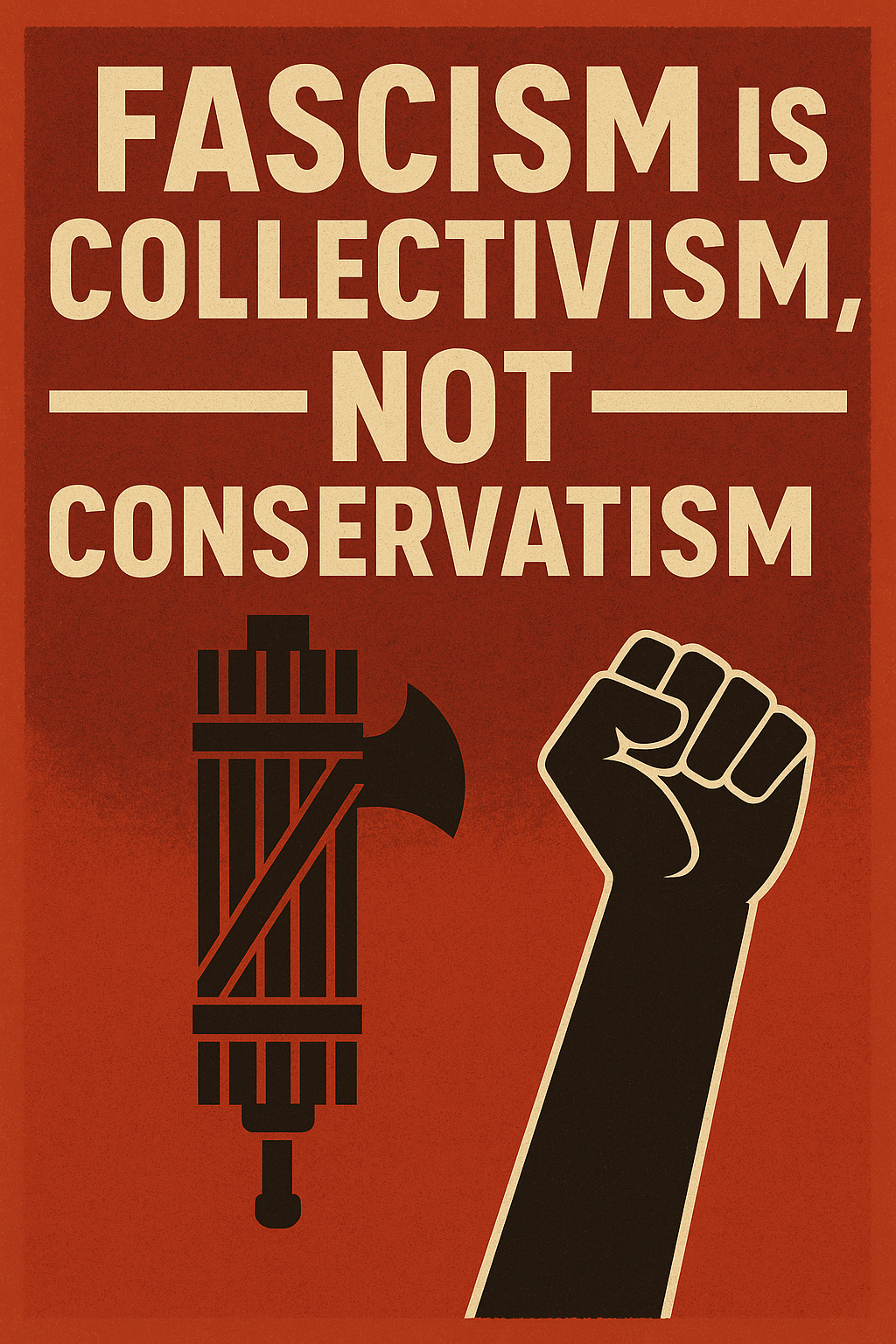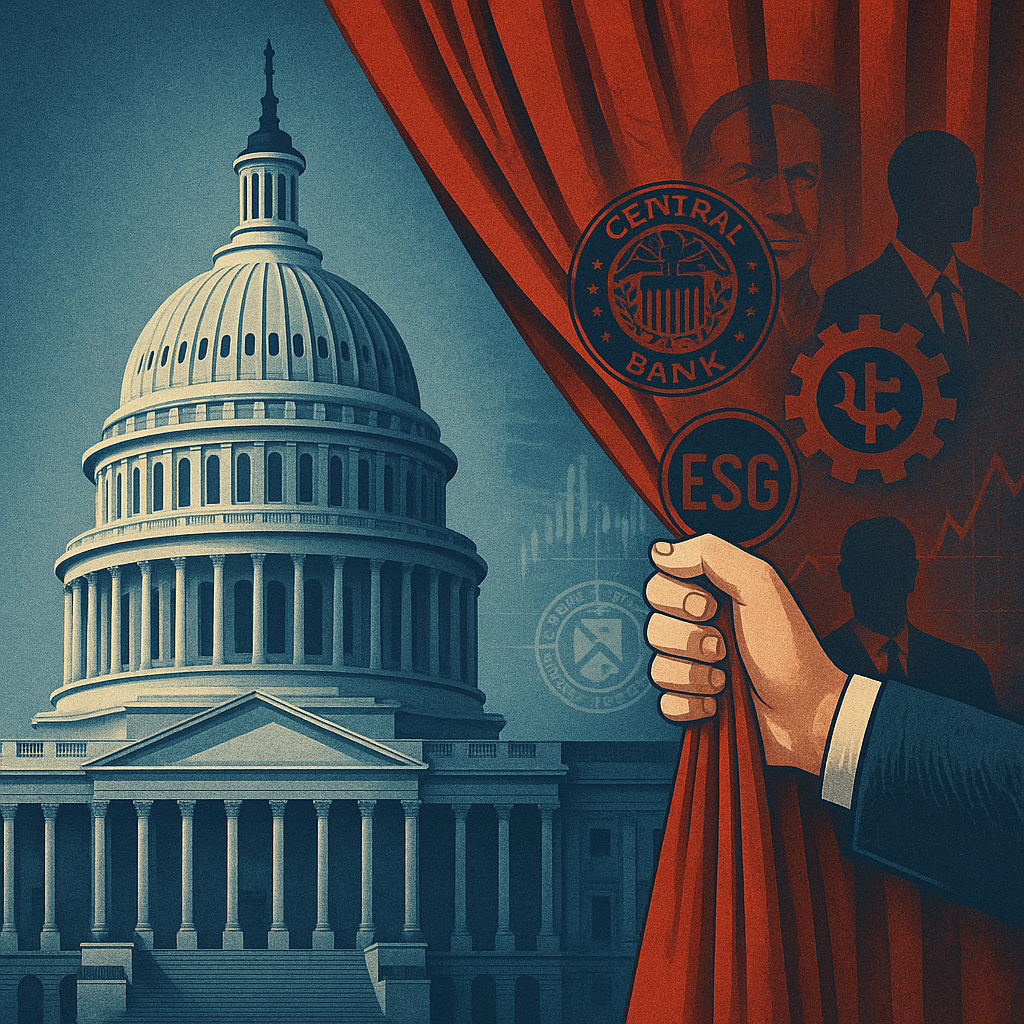There is absolutely nothing more important in a modern, advanced, global economy, than a solid education, and even as a libertarian, I agree that this is a societal as well as an individual need. Individuals need to be educated so that they can compete in the workforce, and society needs an educated workforce to attract the kinds of jobs that can support families in a global economy. Society also needs citizens who can participate in the political spectrum, by voting. To vote well, citizens need to be well versed in the issues of the day. All of this requires a well educated citizenry, and on that, I think everyone agrees.

WASHINGTON, DC – FEBRUARY 20: (FILE PHOTO) Shannon Woisnet, 7-years-old, from Cleveland, Ohio, holds up a sign in support of school vouchers in front of the U.S. Supreme Court February 20, 2002 in Washington, DC. The U.S. Supreme Court, in a 5-4 ruling, upheld the Cleveland, Ohio school voucher program June 27, 2002 which allows families to use publicly financed vouchers to send children to religious schools. (Photo by Mark Wilson/Getty Images)
Too many Americans seem to think that because an educated populace is a societal (as well as an individual) need, that we must have government run schools, and certainly there are some things that we do want government to do, such as police and fire protection. Unlike police and fire protection, however, which are hard to envision a private system handling, it is easy to envision private schools competing with one another for students. As a society, certainly we want to ensure that all children receive a quality education, and this does mean that the taxpayer is going to pay for it, but whether those dollars go to a public, or a private system, is a question that needs to be discussed. Which mechanism is more efficient in providing the best possible education at the lowest price? We need to explore all options.
We might get a feel for whether public or private education is best by looking at colleges, where we have always had a mix of public and private schools. The best public school in the world is currently The University of Michigan (https://www.topuniversities.com/university-rankings/world-university-rankings/2018). If you click that link, you’ll notice that Michigan did not rank #1, but rather #21. If you look closely at the twenty universities that are better than Michigan, you will see that every one of them is private. The next public university on the list is the University of California, Berkeley, at #27. There are 25 private schools that rank above Berkeley, and as you scroll through the list, you will see that private universities, on average, outperform public universities, and by a wide margin. Does this prove that private schools would work better for K-12 too? Of course not. But it does provide enough evidence that one cannot just blow off the possibility of privatizing our K-12 education systems, out of hand. We owe it to ourselves, our children, our communities, and our nation, to explore all options, and we need to do so with a rational, open mind.
The first taxpayer funded school opened in Dorchester, Massachusetts, in 1639, and public schools have generally done an admirable job ever since. Outside of our inner cities, America still has the best public schools on the planet.
It is important to note the caveat in the last sentence: ‘outside of our inner cities.’ America has a segregated school system, and really, we have two systems: one for our suburbs, and one for our inner cities. I live in Rochester Hills, MI, and we have one of the best public school systems in the world. Forty miles away would be the Detroit Public School System, which is one of the worst public school systems in the world, and where only 25% of incoming freshmen graduate (http://www.npr.org/templates/story/story.php?storyId=11601692).
In the meantime, Detroit has some great charter schools (https://www.greatschools.org/michigan/detroit/schools/?page=2&st=charter) that compete favorably with schools in the suburbs across all metrics. The Detroit Public School System, and the teacher’s union, do everything they can to keep Detroit’s charter schools from growing, but in the meantime, those students who are able to go to a charter school, rather than the Detroit Public Schools, are light years ahead of those students forced to attend the failing public schools in Detroit.
Similar stories exist throughout America. Public schools in our inner cities are only rarely anywhere near as good as public schools in our suburbs, and where inner city schools do perform well, it is usually in smaller cities, where the suburbs and the inner city all share the same schools.
The best argument against charter schools is that they take money away from public schools. This is also the best argument for charter schools, as they only take money from public schools when parents do not want to send their children to those schools. Rochester Hills, MI, does not have that problem – our public schools are outstanding – but communities that have very poor public school systems need alternatives, and it is a national disgrace to keep forcing parents to send their children to failing schools.
Studies on charter school performance have been mixed, with some showing that charter schools do not outperform public schools, and other studies that show that they do outperform public schools, in some cases by a wide margin. Generally speaking, charter school systems only rarely outperform public systems when they are first allowed to open, but over time bad charter schools go out of business, and the best ones thrive. One would be hard pressed to find charter school systems that have been around for ten or twenty years that do not outperform the public systems they compete against. Competition works.
The most vocal opponents of charter schools are our teacher’s unions, who try to claim the moral high ground, as a voice for students, but teacher’s unions don’t exist to forward the interests of students. Teacher’s unions exist to forward the interests of teachers, and though teachers almost invariably want to provide the best possible education for students, teacher’s interests and student’s interests do not always align. Teacher’s unions are not fighting charter schools to help students; they are doing it purely to help themselves, at the expense of students. It is grossly immoral for them to try to claim the moral high ground in doing so, and they should be called out on that.
Another issue that affects both charter and public schools, is a lack of local control. Local school boards used to run their schools, pretty much however they wished. Where intervention occurred, it occurred at the state level. Because of this, even when schools were used to indoctrinate rather than to educate, different school systems indoctrinated different things, and we had a wide range of views across the entire political spectrum. Federal standards have centralized the indoctrination, and now we ‘teach’ our children all kinds of Cultural Marxist, Postmodernist garbage, none of which belongs in our education systems. Children should be taught facts. Their parents can guide their beliefs, and as they turn into adults, they should be free to adopt beliefs on their own. Instead, we teach our children that America is an oppressive, patriarchal regime, in which serious, structural change is necessary. The Federal Government needs to get out of the education system entirely, returning control to states and local communities.
Charter schools create the ultimate opportunity to return to local control. By allowing parents to choose where they want to send their children, parents rather than politicians can decide what children learn.
We have been using public schools since 1639. That’s a long time. The first private school (Harvard) opened in 1636, which is an even longer amount of time. We have a long history of using both public and private systems to educate our children, and it is time we embrace the private option again. Competition works.





A W (@Easterngirl88)
Agreed, now what do we do besides talk about it?